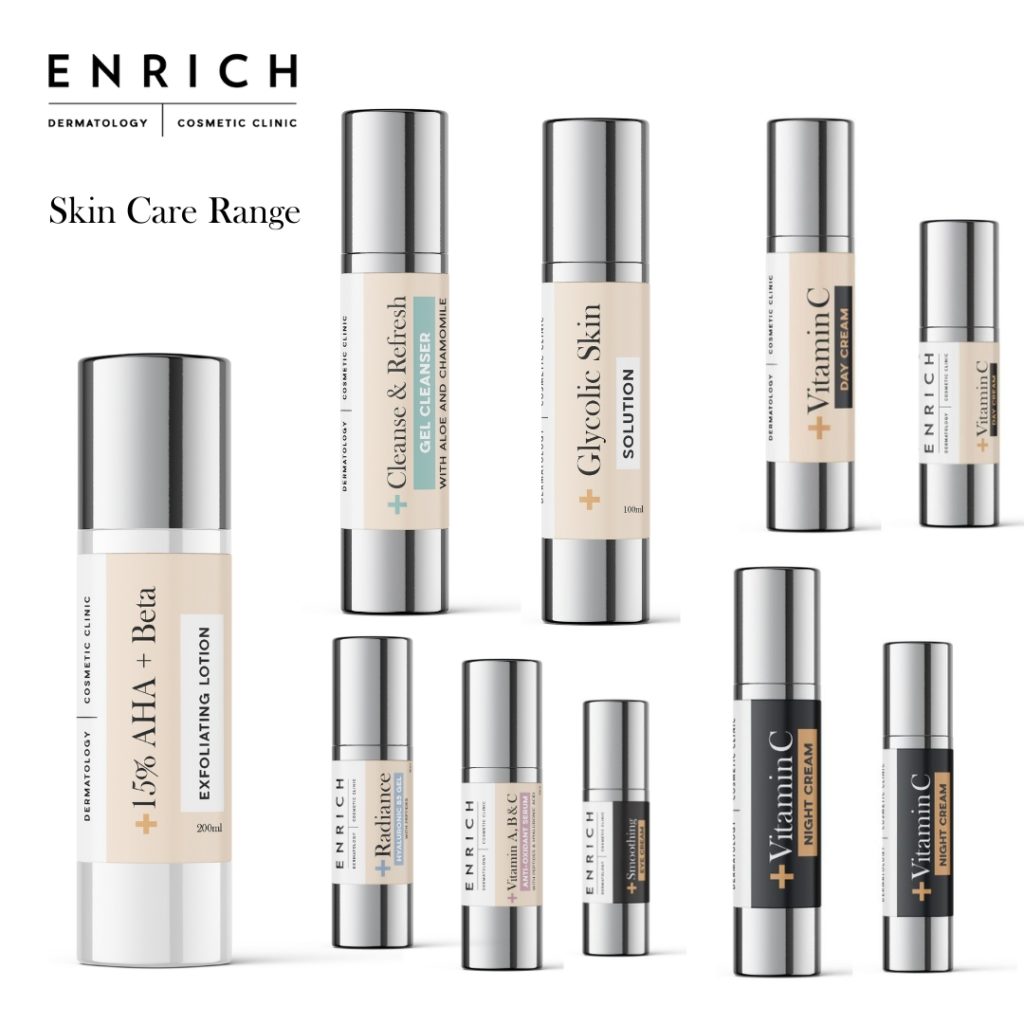Chemical peels
Chemical peels on darker skin are performed slightly differently to paler skin types, with an experienced dermatologist knowing how to treat darker skin correctly to avoid issues.
There has been long-running misunderstandings about darker skins and chemical peels, believing that burning or post-inflammatory pigmentation could become a problem, but done properly, chemical peels on darker skin types are a great tool.
Chemical peels can increase collagen production, reduce pore size, reduce excess oils on the skin’s surface, and reduce visible signs of ageing. Chemical peels can also solve or manage some pigmentation problems.
Got pigmentation problems?
We can solve them.
Contact us

 Dark skin comes with its own characteristics and tendencies, with
Dark skin comes with its own characteristics and tendencies, with 



